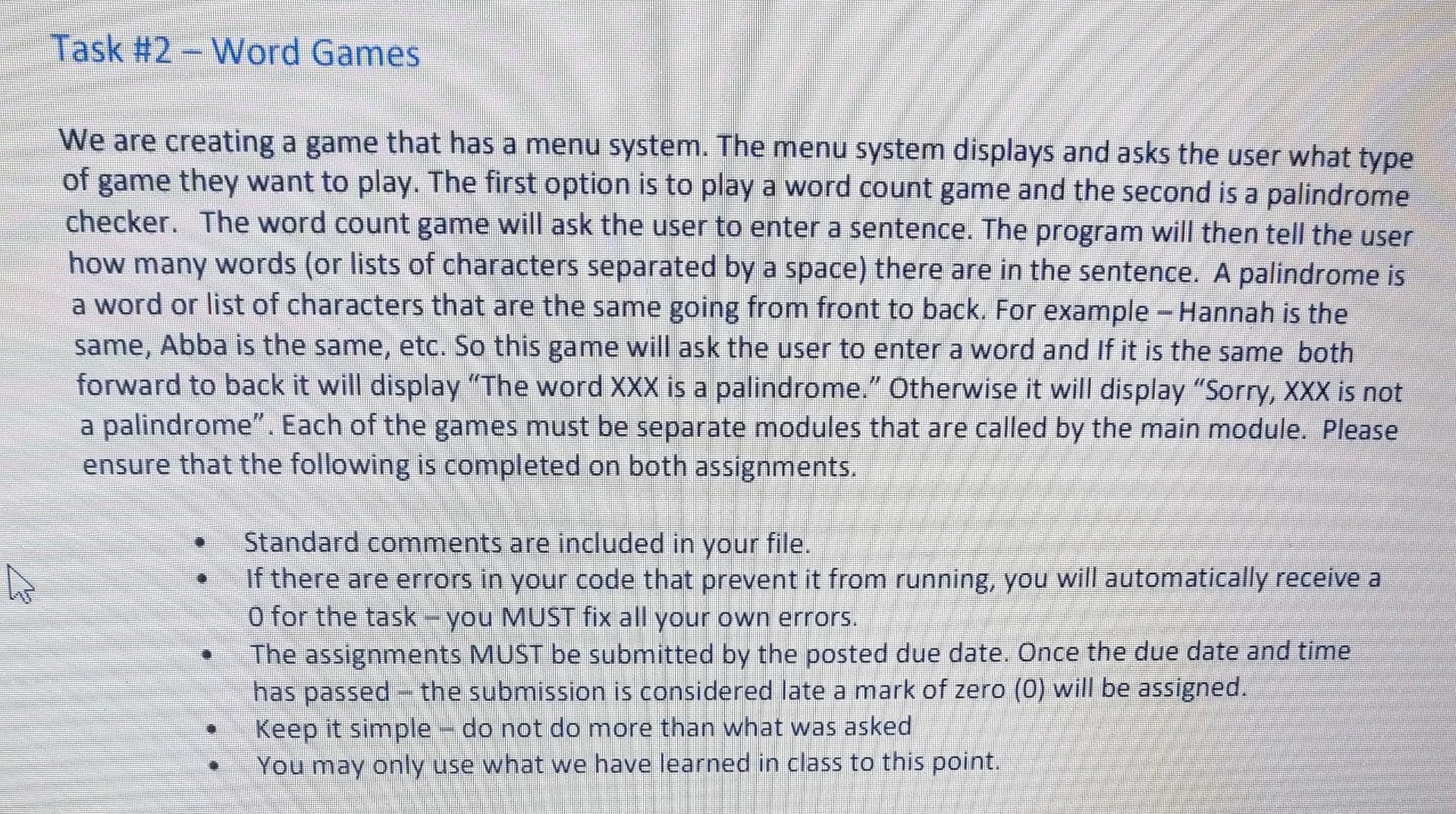
Minnesota is home to many universities and colleges. This makes Minnesota a wonderful place for students looking to further their education. However, tuition costs can be steep and can leave students with thousands of dollars in debt after graduation. Therefore, students should search for scholarships in Minnesota that can pay for their college costs.
Scholarships for college students
Minnesota Office of Higher Education offers many grants that can help pay for college tuition. These grants, which are based on financial need, are available to high-school graduates who wish to go to an accredited university of the state. The annual maximum grant is $6,848-$9,620, depending on the institution and expected family contribution.
SMART Grants to Science and Math Access to Retain Talent
This grant is available to third and fourth year college students who are majoring in engineering, technology, science, or a critical foreign language. This grant helps low-income students to complete their degrees and start a career in their chosen field. It is intended to increase retention and improve graduation rates.

Pilot Program for Teachers Of Color
This program offers financial assistance to qualified students who are from underrepresented racial/ethnic groups. It aims to increase diversity in teaching by increasing diversity. These students have shown financial need and intend to teach in schools within underserved or high-need areas of the state.
PFund Foundation Awards Leadership Scholarships to LGBT+ Student
This award is given to lesbian, gay, bisexual and transgender (LGBT+) students in the upper Midwest who show dedication to their community and a strong commitment to their chosen field of study. They are encouraged use this opportunity to be leaders and role models for others.
Selfless Scholars - This is a unique scholarship in that it honors individuals who go above and beyond to provide support for others. For eligibility, applicants must have attained a minimum of 2.0 GPA and been in high school at least for one year.
Page Education Foundation Grants for Students of Color
The Page Education Foundation believes that Minnesota students of color should be encouraged to pursue post-secondary education and encourages them to do so by providing them with scholarships that they can use towards their college tuition. The grant comes with a commitment for volunteers to serve children of color.

These grants are open for all races and income levels. But priority is given to students from racial/ethnic minority groups who are underrepresented within the teaching profession in Minnesota. The grant is not enough. The recipient must also agree to teach in Minnesota's most underserved regions for at minimum four years after certification.
Minnesota Office of Higher Education offers a complete list of scholarships to students with low incomes. You can also click on "paying" for more information.
FAQ
How do I select my major?
Students choose their majors by their interests. Because they find it easier to study something they love, some students choose to major on a subject that they really enjoy. Others wish to pursue a career that is not available. Others are motivated to make a living while studying a major. Whatever your reasons may be, you should consider what job you might enjoy after graduation.
There are many methods to learn more about the different fields of study. You can talk to family members or friends about your experiences in these areas. To find out if there are jobs available, you can read newspapers and magazines. Talk to a guidance counselor at high school about possible career paths. Visit Career Services at the local library or community centre. You can borrow books about various topics from the public library. To search for websites that relate to specific careers, use the Internet.
What is early childhood education?
Early Childhood Education focuses on helping children grow into happy and healthy adults. This includes teaching children how to read and preparing them for kindergarten.
The goal of early childhood education is to help kids learn and grow by providing them with age-appropriate experiences.
Early childhood educators are often called upon to assess the developmental needs of each child they come across. This assessment helps determine whether a particular program would benefit each individual child.
Parents also have the opportunity to meet teachers and other professionals who are familiar with working with young children in early childhood programs.
The role of parents is equally important in the early childhood education. They need to know how best to care for their children.
Parents can also participate in activities designed to teach their children skills they will need throughout their lives.
Sometimes, early childhood education is also called preschool education. However this term is interchangeable with daycare centers. Early childhood education is very similar to prekindergarten education, which usually begins around three years old.
What factors should I consider when choosing a major?
The first step is to decide whether you prefer to enter a particular profession straight away or attend college. Make a list of all your talents and interests. There are many things you might enjoy reading, listening or watching music, talking to others, doing housework, or even playing sports. Your talents could include singing, writing, painting, sewing, crafting, cooking, baking, cooking, woodworking and gardening. You can use your interests and talents to help you select a major.
Fine arts or art history might interest you if your dream is to be an artist. If you love animals, biology might appeal to you. Pre-medicine or medical technology may be an option for you if your dream is to become a physician. Computer science, computer networking, or computer engineering might interest you if you want a career that involves computers. There are many options. It's important to consider what you would like.
Statistics
- Think of the rhetorical power of nineteenth-century abolitionist Harriet Beecher Stowe, Martin Luther King, Jr., or Occupy Wall Street activists with their rallying cry of “we are the 99 percent.” (bostonreview.net)
- They are more likely to graduate high school (25%) and finish college (116%). (habitatbroward.org)
- In most developed countries, a high proportion of the population (up to 50%) now enters higher education at some time in their lives. (en.wikipedia.org)
- They are also 25% more likely to graduate from high school and have higher math and reading scores, with fewer behavioral problems,” according to research at the University of Tennessee. (habitatbroward.org)
- Data from the Department of Education reveal that, among 2008 college graduates, 92.8 percent of humanities majors have voted at least once since finishing school. (bostonreview.net)
External Links
How To
How do I apply for scholarships?
Before you apply for scholarship funding, ensure that you are eligible. The criteria that you must meet to qualify for a scholarship are listed below.
You may also be eligible for a grant if your family is financially poor. A vocational training course can be eligible to qualify you for work-study programs. You may also be eligible for a grant if you belong to a minority group.
Once you've determined your eligibility for a specific type of scholarship, it is time to start applying.
You can apply online or in person. The application process varies depending on the type of scholarship.
Some scholarships require that you submit essays about yourself and why the money is important to you. Some scholarships require you to write essays about yourself and why you want the money.
Most scholarships require you to fill out an application form and send supporting materials.
The information you supply will be reviewed by your scholarship provider. If you are selected, you will be notified via email or mail.
Even if your application is not accepted, you may still be eligible to receive a scholarship. Contact your scholarship provider for details.